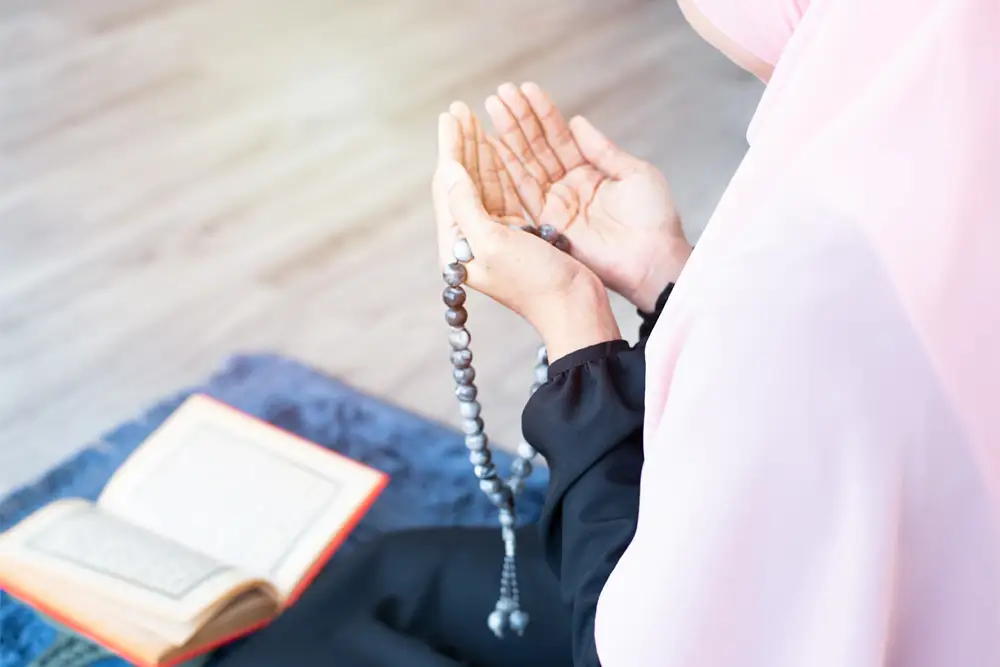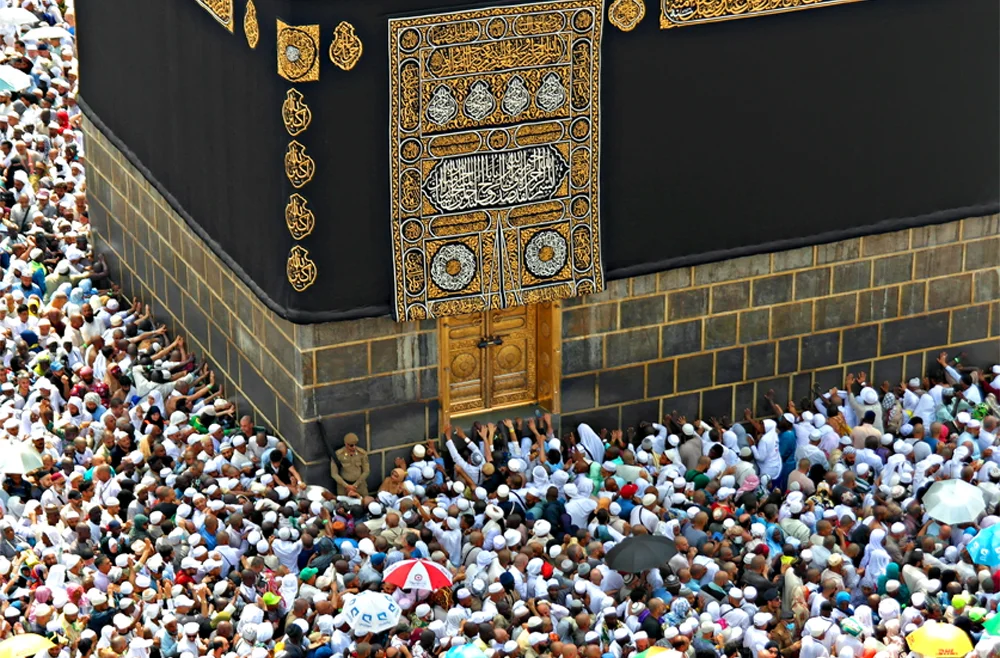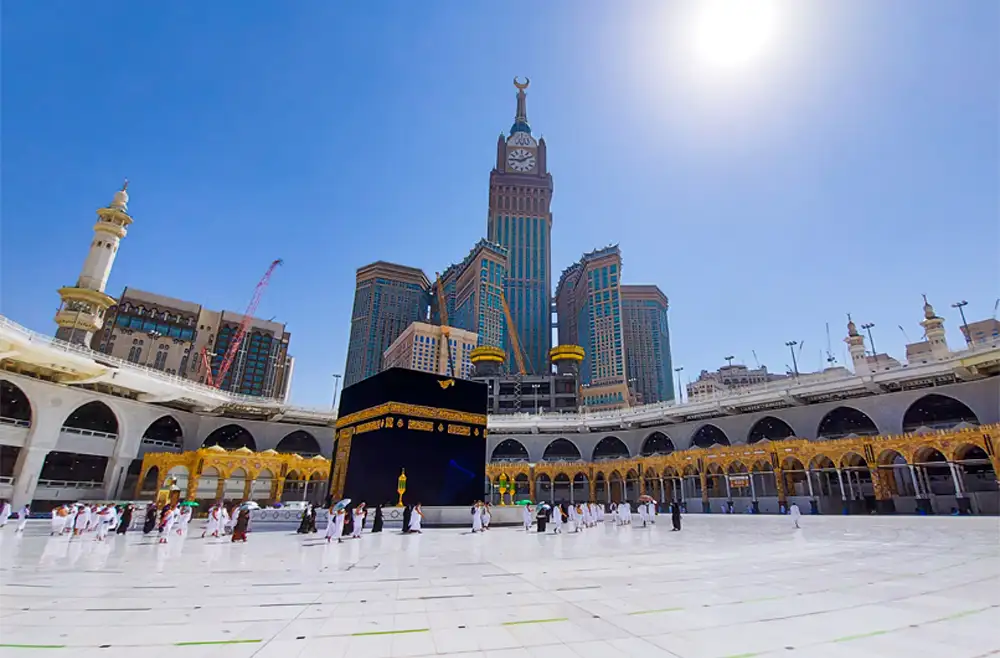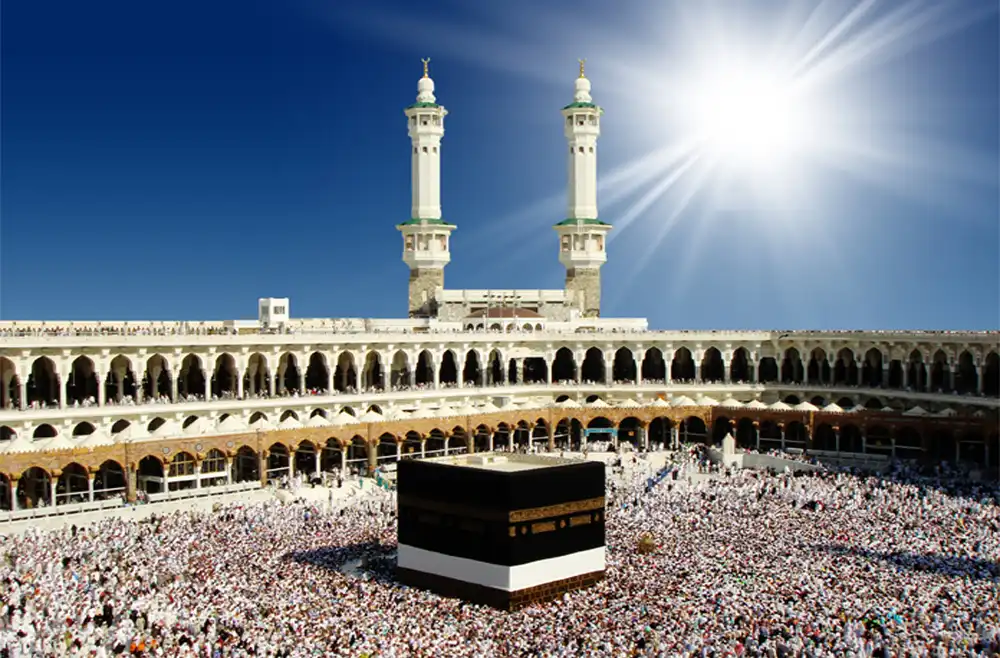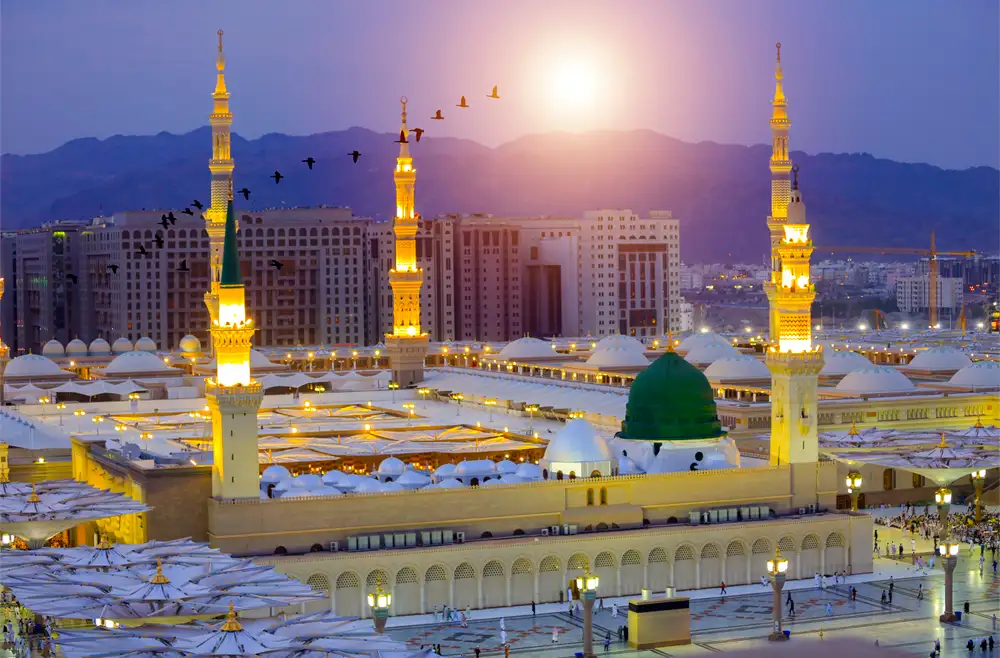Finding the key importance of Fajr prayer in Islam? Fajr prayer connects Muslims with Allah, inviting blessings while avoiding sin. This is the first of five prayers that mark each day spent seeking guidance and protection from Allah. Occurring at dawn, Fajr symbolises a new day filled with opportunities. Engaging in this early prayer deepens the relationship with Allah, nurturing oneself physically, mentally, and spiritually. Continue with this blog to explore the meaning of Fajr prayer, its significance, purity in the Quran and Hadith, health benefits, and rewards.
Table of Contents
ToggleWhat is the Fajr Prayer?
In Islam, people perform five obligatory prayers each day. They begin their prayer sequence at dawn while seeking Allah’s blessings. The significance of the Fajr prayer in Islam is likened to entering paradise. Fajr is the first of the five obligatory prayers and consists of two Rak’ahs, offered from the beginning of dawn until just before sunrise. The Fajr prayer meaning is beautifully structured, featuring recitations and stances, each carrying its distinct spiritual significance within Islam. It is one of the most cherished prayers to Allah, owing to the effort required from the believer to wake early and overcome sleepiness and laziness. The Fajr prayer is the first of the five daily prayers needed to unify your spirit and complete all the necessary rituals to establish a firm connection with Allah and His blessings.
Key Importance of Fajr Prayer in Islam
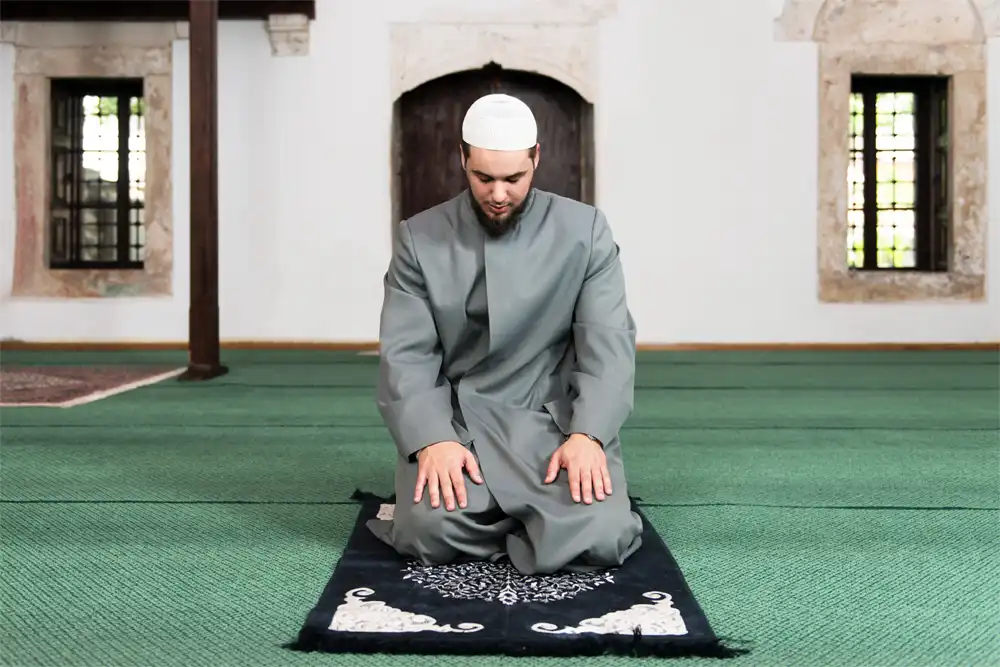
The Fajr prayer is the first obligatory and special among the four other daily prayers. Through this prayer, you begin your day enveloped in Allah’s warmth, starting a Muslim’s journey each morning with the beautiful remembrance of good deeds, blessings, love, purity, sacrifice, happiness, and the incredible power of unity. Regularly performing Fajr prayer reflects a deep faith and commitment to Allah’s guidance.
Completing all customs and cultivating a deep connection with the divine Allah are essential to begin and end your day. When you start your day by completing Fajr, you welcome a shine that cultivates praise and enhances your integrity. Fajr isn’t just a routine; it’s a special moment filled with spiritual significance. During this time, angels are present to witness the heartfelt recitation and prayer at dawn. The sayings of the Prophet Muhammad highlight the incredible rewards and the importance of the Fajr prayer. Engaging in these prayers can protect you from hellfire and help you secure a cherished place in paradise.
In the Quran, Allah emphasises the importance of the Fajr prayer, highlighting its significance and the frequency with which it should be observed.
Observe the prayer from the sun’s decline until the night’s darkness, including the dawn prayer, for indeed, the dawn prayer is witnessed ˹by angels˺.
حافظوا على الصلاة من انحدار الشمس إلى ظلمة الليل وصلاة الفجر فإن صلاة الفجر مشهودة ˹بالملائكة˺.
The Prophet (PBUH) Says:
“Whoever prays the two cool prayers (Fajr and Asr) will enter Paradise.”
من صلى البردين دخل الجنة.
“Angels come to you in succession by night and day, and all of them get together at the time of the Fajr and Asr prayers.”
يأتيك الملائكة واحدا بعد واحد، في الليل والنهار، ويجتمعون جميعا في صلاة الفجر وصلاة العصر.
“No Salat is more burdensome to the hypocrites than the Fajr (dawn) prayer and the ‘Isha’ (night) prayer; and if they knew their merits, they would come to them even if they had to crawl to do so.”
لا صلاة أثقل على المنافقين من صلاة الفجر وصلاة العشاء، ولو يعلمون ما فيهما لأتوهما ولو حبواً”.
What are the Benefits of Fajr Prayer According to the Quran and Hadith?
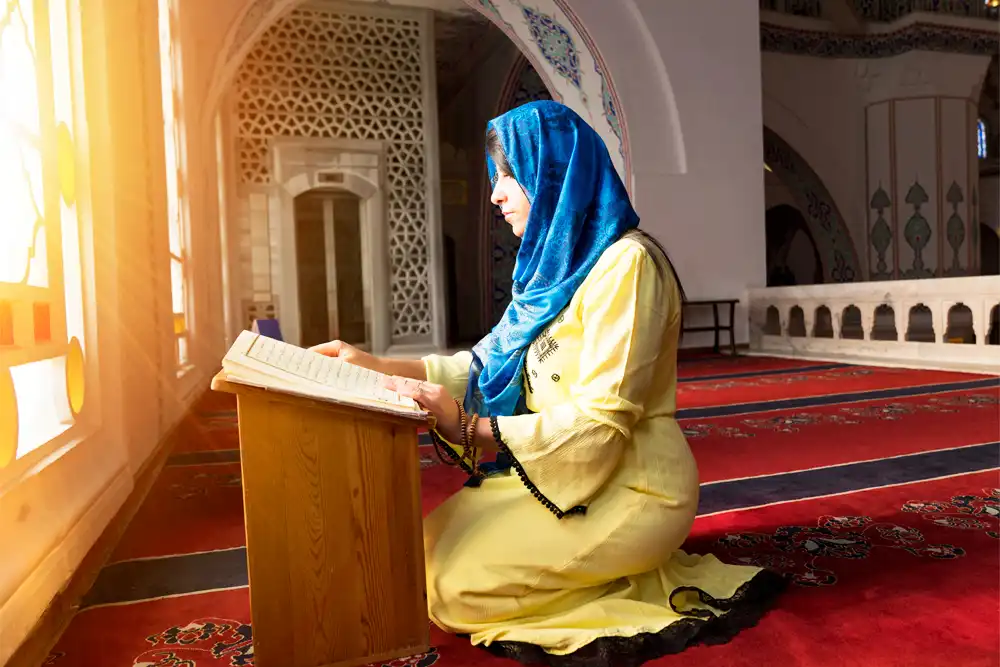
Fajr prayer significantly affects a Muslim’s life. It offers rewards similar to all-night worship, as stated in the Quran. Here, we discuss its benefits according to the Quran and Hadith:
- The day's first prayer offers numerous benefits, as highlighted in the Quran and the Hadith. One important aspect is that angels witness this prayer, as mentioned in Quran 17:78, which emphasises its value in Allah's eyes.
- Many say that according to Sahih Bukhari, those who regularly perform the Fajr prayer are promised protection from Hellfire. This prayer also offers the hope of entering Paradise, as stated in Sahih Muslim.
- According to Al-Tirmidhi, attending Fajr prayer with your family in community brings wonderful rewards, including light on the Day of Judgement. Furthermore, Sahih Bukhari notes that the Fajr prayer is a sign of faith and sincerity, reflecting a commitment to Allah.
Health Benefits of Fajr Prayer

Fajr isn’t just the start of a new day; it’s a beautiful moment for spiritual awakening that helps you connect more deeply with Allah. The Fajr prayer is significant for the soul and has excellent health benefits. Now, let’s explore these benefits together.
- Fajr prayer regulates healthy sleep cycles. Waking up early and avoiding oversleeping can enhance mental health and concentration.
- Praying to Allah in the morning cultivates positivity, security, and a sense of culture. With spiritual prayers, mornings become the most peaceful and energising times of the day.
- Waking up early for Fajr helps establish a positive tone for the rest of your day, making it easier to remain productive and complete your tasks more efficiently.
- Fajr prayer alleviates anxiety and fosters a tranquil environment. The early morning's tranquillity and meditation relieve stress and promote peace.
- Initiate the Fajr prayer at dawn and conclude it at sunrise to enjoy fresh air and natural light, which aids in vitamin D production and enhances mood.
Conclusion:
As the first of the five prayers, Fajr prayer beautifully connects you with Allah, inviting you to commence your day with ambition, peace, and strength. This special time spiritually binds Muslims to Allah, fostering a more profound relationship. Although establishing Fajr prayer as a regular practice may be challenging in our busy lives, it offers an incredible experience filled with spirituality and integrity. The benefits of Fajr prayer include protection, blessings, mental peace, enhanced focus, physical balance, brotherhood, spiritual importance, and many more.


